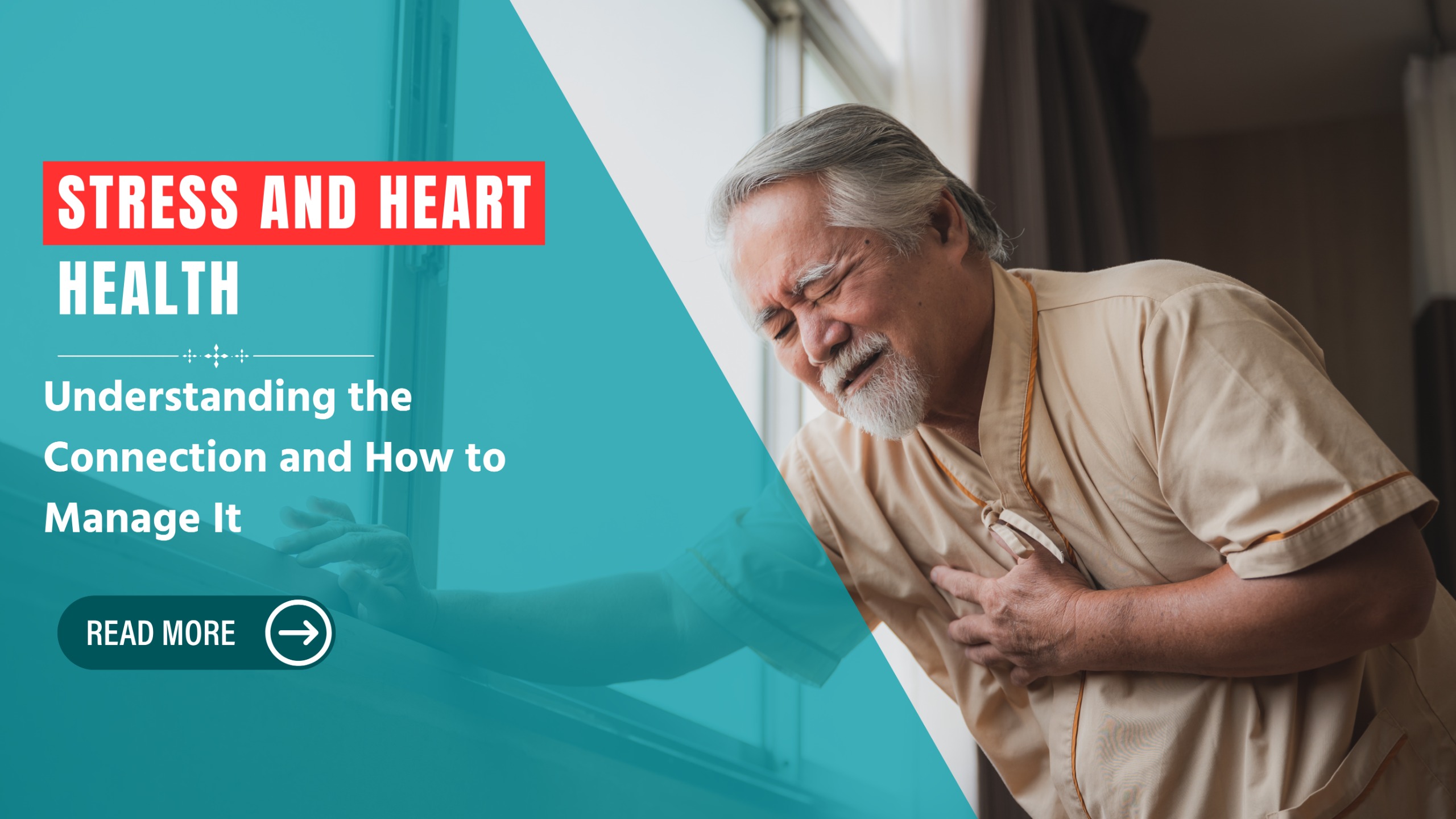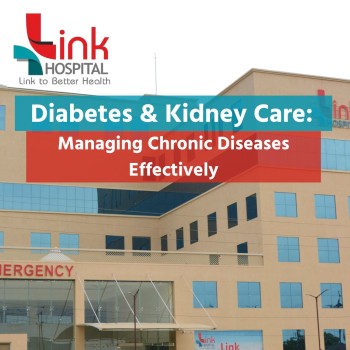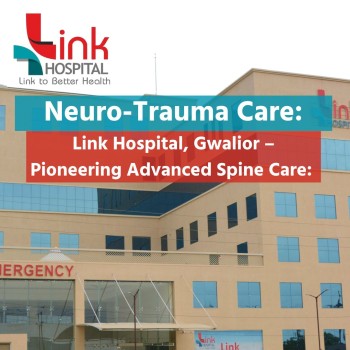Stress and Heart Health: In today’s fast-paced world, stress has become a constant companion for many. While short-term stress can sometimes be motivating, chronic stress poses a serious threat to physical and mental health, especially the health of your heart. Scientific research increasingly confirms that long-term emotional stress is closely linked to cardiovascular diseases, including high blood pressure, heart attack, and stroke.
In this blog, we’ll explore the connection between stress and heart health,
identify warning signs, and suggest effective ways to manage stress and protect your heart.
The Science Behind Stress and
Heart Health
What Happens to Your Body
During Stress?
When you're under stress, your body
activates a “fight or flight” response,
releasing hormones like adrenaline and
cortisol. These hormones increase:
●
Heart rate
●
Blood pressure
●
Breathing rate
●
Muscle tension
While these changes help you respond to
immediate threats, prolonged stress keeps your body in this hyperactive state,
causing wear and tear on the
cardiovascular system.
How Chronic Stress
Affects the Heart
●
Increases Blood Pressure: Continuous stress
keeps blood pressure elevated, which can damage artery walls and lead to hypertension.
●
Triggers Inflammation: Stress-related hormones
can cause inflammation in blood vessels,
contributing to atherosclerosis
(plaque buildup).
●
Raises Risk of Heart Attack: Emotional stress
can constrict blood vessels, potentially triggering cardiac events, especially in individuals with pre-existing heart
conditions.
●
Disrupts Healthy Habits: People under stress
often resort to unhealthy coping
mechanisms like smoking, overeating, or skipping exercise—each of which
independently increases heart risk.
●
Causes Arrhythmias: Stress can provoke irregular heartbeats, including atrial
fibrillation, increasing the risk of stroke and heart failure.
Recognising the Warning Signs
of Stress
Understanding the physical and emotional
signs of stress can help prevent long-term complications:
Physical Symptoms:
●
Chest tightness or palpitations
●
Headaches or dizziness
●
Muscle tension
●
Fatigue
●
High blood pressure
Emotional Symptoms:
●
Irritability or mood swings
●
Anxiety or panic attacks
●
Depression or sadness
●
Difficulty concentrating
●
Sleep disturbances
If you are experiencing a combination of
these symptoms frequently, it's time to
take action.
Proven Strategies to Manage
Stress and Protect Your Heart
1. Practice Relaxation
Techniques
●
Deep breathing, progressive muscle relaxation, and guided imagery help activate the parasympathetic nervous system,
calming your body and mind.
●
Meditation and mindfulness have been shown to
reduce cortisol levels and improve heart rate variability, a marker of heart
health.
2. Stay Physically Active
●
Regular physical activity helps
reduce stress hormones, improves mood, and enhances cardiovascular function.
●
Aim for at least 30 minutes of moderate exercise like walking, cycling, or
yoga most days of the week.
3. Adopt a Heart-Healthy
Diet
●
Consume foods rich in omega-3 fatty acids, fibre, magnesium,
and antioxidants.
●
Avoid processed, salty, and sugary
foods that elevate blood pressure and blood sugar levels.
4. Sleep Well
●
Poor sleep increases the body’s
stress response and inflammation.
●
Try to get 7–8 hours of restful sleep each night by sticking to a consistent
schedule and creating a calming bedtime routine.
5. Seek Emotional Support
●
Sharing your thoughts with
friends, family, or a therapist can significantly reduce stress.
●
Support groups or professional counselling can be helpful, especially during major
life changes or grief.
6. Avoid Harmful Coping
Mechanisms
●
Limit alcohol, caffeine, and nicotine, as these can worsen stress
and heart health.
●
Replace them with healthy outlets like hobbies,
journaling, or spending time in nature.
Link Hospital Gwalior: Your
Trusted Partner for Heart and Mental Wellness
When it comes to your heart health and emotional well-being, Link Hospital in Gwalior provides comprehensive care under one roof. Our
team of expert cardiologists, psychologists, and wellness professionals work together to offer:
●
Accurate diagnosis of heart and stress-related conditions
●
24x7 emergency cardiac services
●
Advanced ECG, ECHO, and stress test facilities
●
Customised treatment plans including medication and lifestyle
counselling
●
Mental health support for stress and anxiety
With state-of-the-art infrastructure and
a patient-centric approach, Link Hospital ensures holistic healing for both mind and heart.
Take the First Step Towards a
Healthier Heart
Don’t
let stress silently damage your heart. Taking control
of your stress is taking control of your health. If you're feeling overwhelmed,
fatigued, or at risk for heart conditions, now is the time to act.
Visit
Link Hospital in Gwalior today for a complete Heart & Stress Health
Evaluation.
Let our experts
guide you toward a healthier, calmer,
and longer life.
Your
heart deserves the best care—Link Hospital is here to deliver it.











